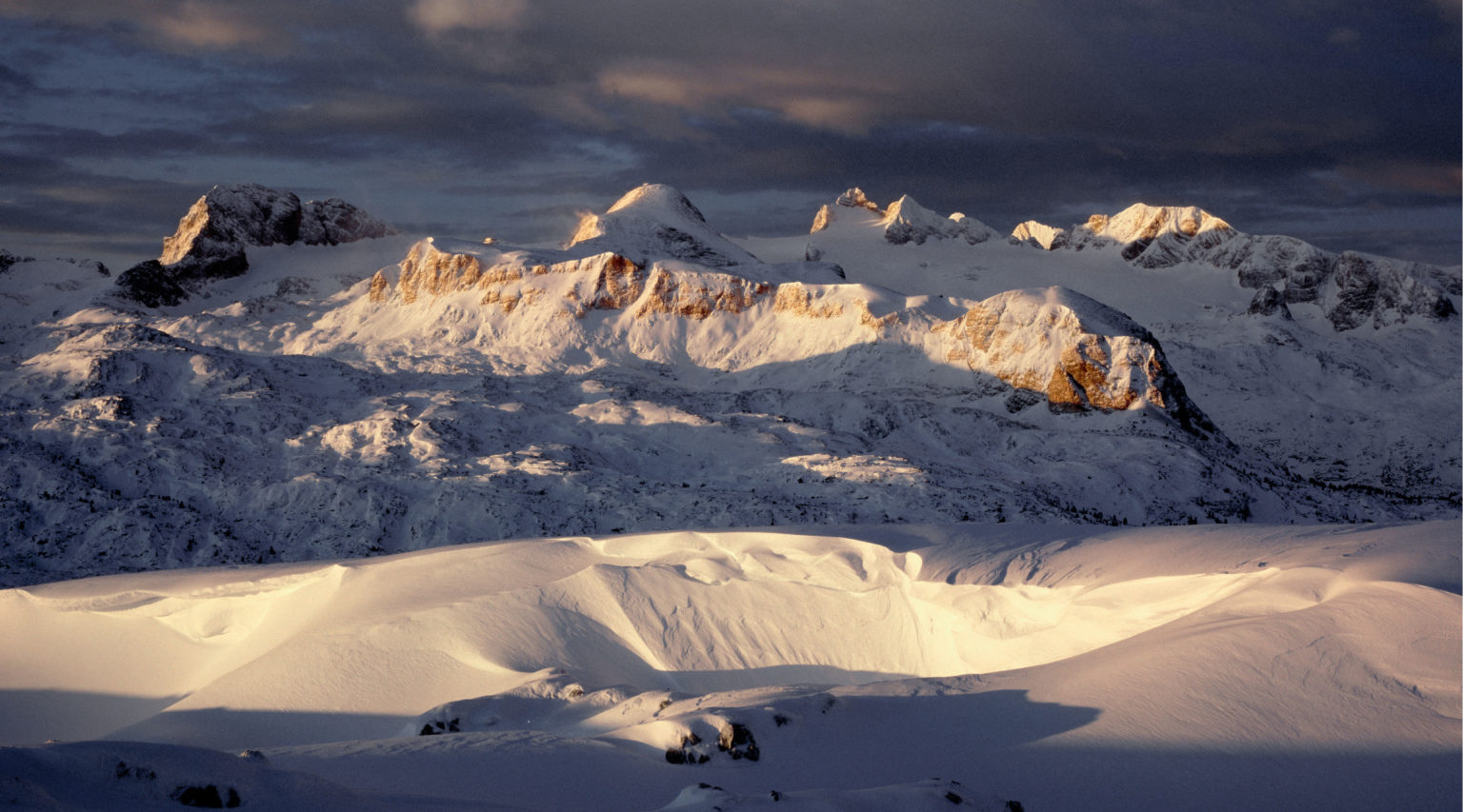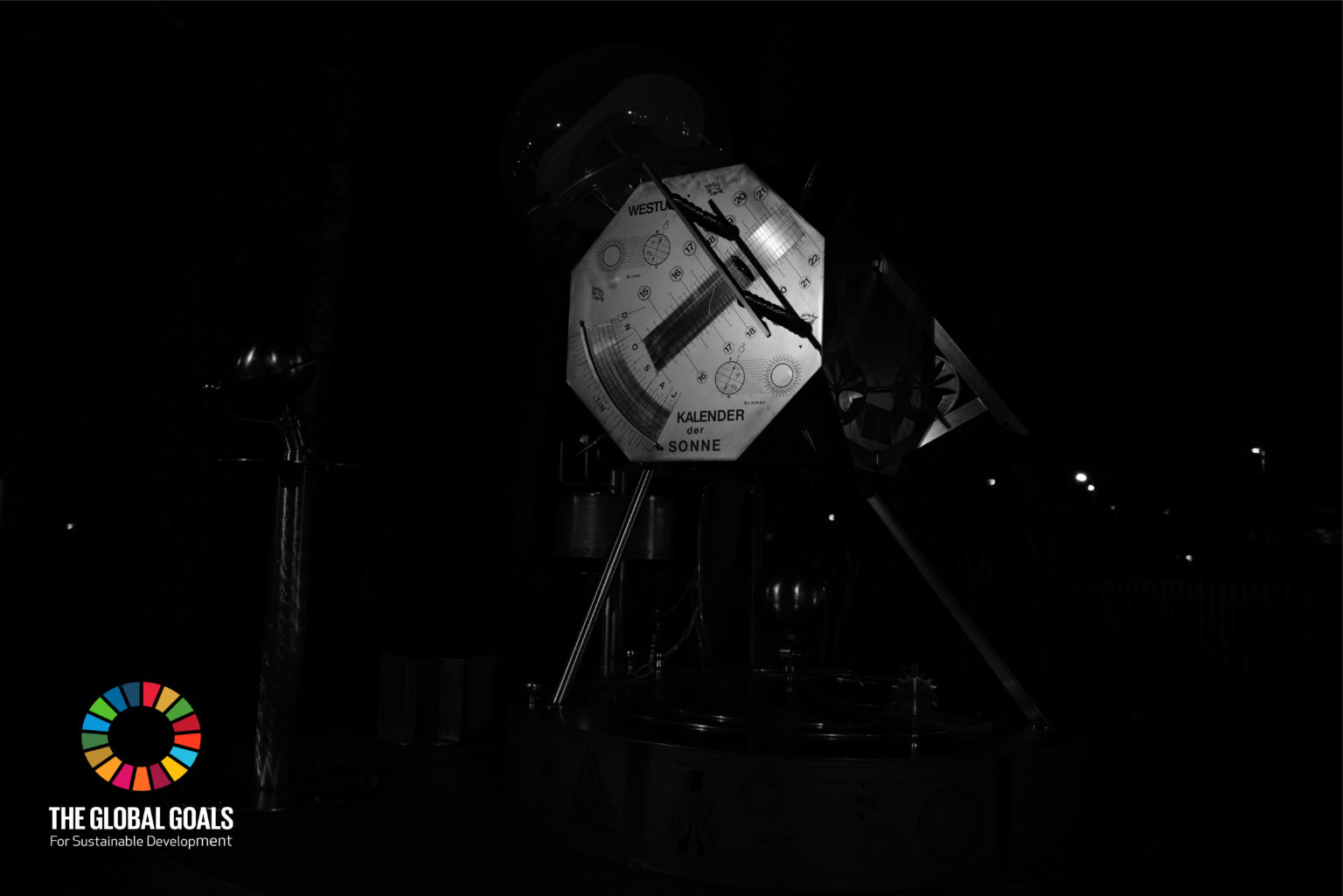The Zero Water Day Partnership (ZWDP) ‚Saving the World‘s Water Towers (SWWT)‘ Campaign is a key element of the Mountain Protector Education and Training Programme, which implements the Children’s Call to Action launched at COP26 Climate Change Summit, Scotland in 2021. The SWWT connects local action in universities and schools and communities with others around the world. The focus on action enables students to „do something now“, measuring and understanding the challenges and assessing the impact of action as part of a lifelong learning process. The Saving the World‘s Water Towers Campaign is at the nexus of Planetary Health – Water – Human Health and Equity. It translates and applies the 5 action areas of critical importance to humanity and the planet of the United Nations through whole school, whole community approaches and projects. The SWWT campaign has been developed and implemented within the framework of the Mountain Partnership Secretariat. ZWDP encourages each child and student to start and keep a lifelong learning diary to inspire them, to give them ideas for partnership and most importantly that with others they can realise the changes needed for the future of humanity and the planet.

LExpected Impact
The Zero Water Day Partnership campaign ‘Saving the World‘s Water Towers’ is grounded in Sustainable Development goal targets 4.7, 12.8 and 13.3. It promotes a consistent, coherent and mutually reinforcing approach to education for sustainable development and global citizenship education as part of a lifelong learning process. The campaign enables and empowers children and students to learn with and from each other, and play an active and effective role in global advocacy through participation in international conference and policy dialogue. Mountains are the water towers of the world. The Zero Water Day Partnership planetary health weather station network supports schools as learning hubs, which can share and exchange data and information in a comparable way. Planetary health weather stations have a focus on mountains and their communities and ecosystems and aims to strengthen learning between and across communities even when they are far removed from mountain areas.



